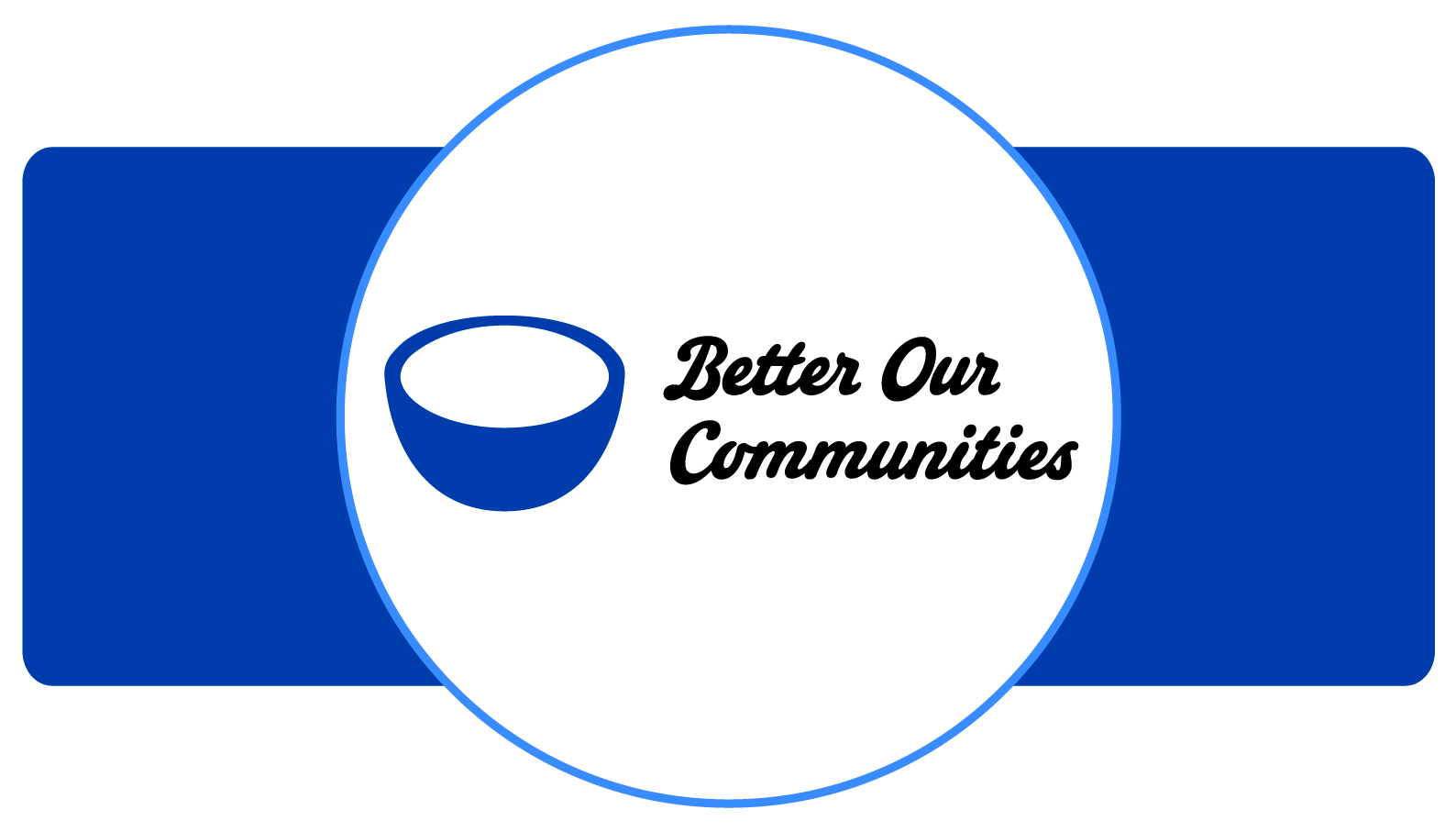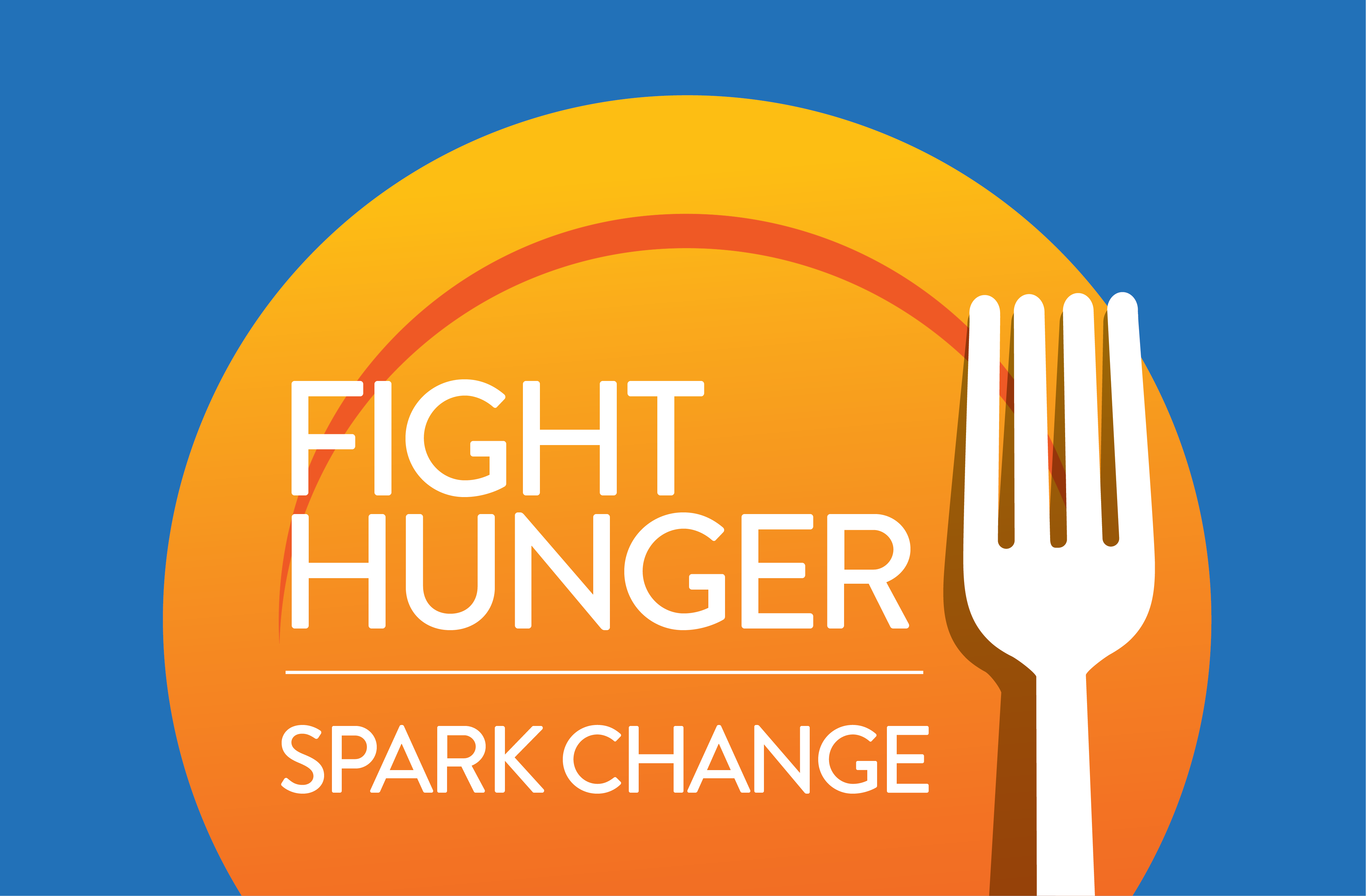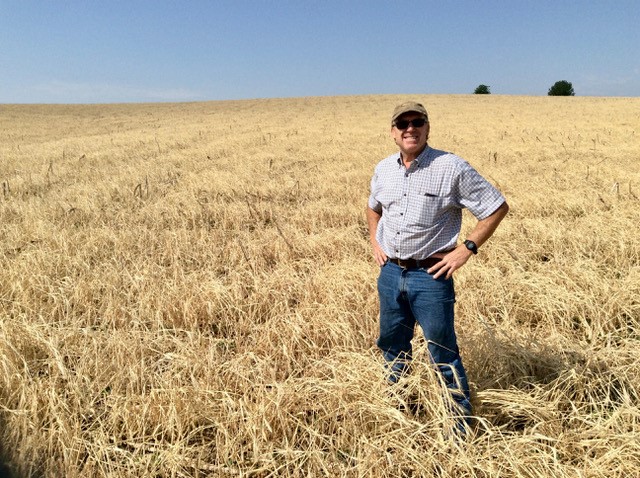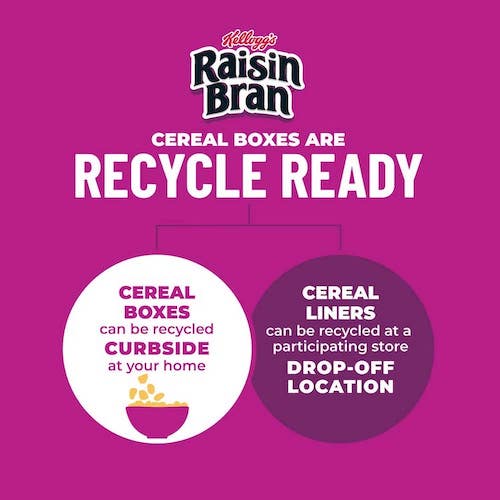
Better Our Communities

Helping our communities thrive starts with investing time and resources in the places where we live and work. Through our philanthropic and sustainability efforts, we aim to create positive progress for our people, our communities and our planet. For us, it is important that we leave the world better than we found it.
We are devoted to uplifting our communities by giving back. Whether it’s progressing our climate targets, reimagining our packaging or furthering our philanthropic efforts—there is no limit to how much change we can enact.

Our Communities
We will work to strengthen community connections and relationships where we live and work.
Customer Hunger Partnerships
We have long collaborated with our customers to help address food insecurity and that work continues today. Our shared commitment to fighting hunger comes to life in a variety of unique and impactful ways, too. For example, we are founding partners and longstanding supporters of Walmart Fight Hunger Spark Change. The in-store retail initiative raises much needed funds for Feeding America, Food Banks Canada and local food banks across North America and helps strengthen and support communities and families in need.


WK Kellogg Co Partners with the Dan Gillespie Soil Health Fund
The Dan Gillespie Soil Health Fund strongly aligns with our Feeding Happiness efforts. This partnership aims to foster the well-being of both communities and our planet, with a special focus on supporting the growth of our young farmers.
Our Planet
We continue to focus on how our operations impact the planet with our efforts to reduce greenhouse gas emissions, water and waste while making progress toward sustainable packaging. Today, over 98% of our packaging across the US is recyclable or recycle ready.
See your municipal recycling guidelines for further details and instruction. Recycling yield and reprocessing rates vary by region.


